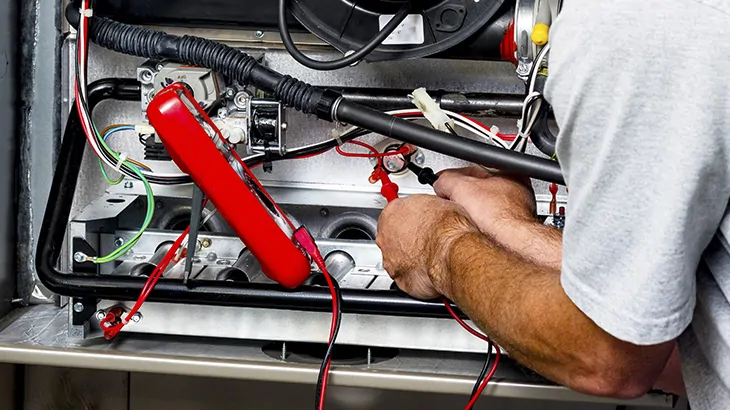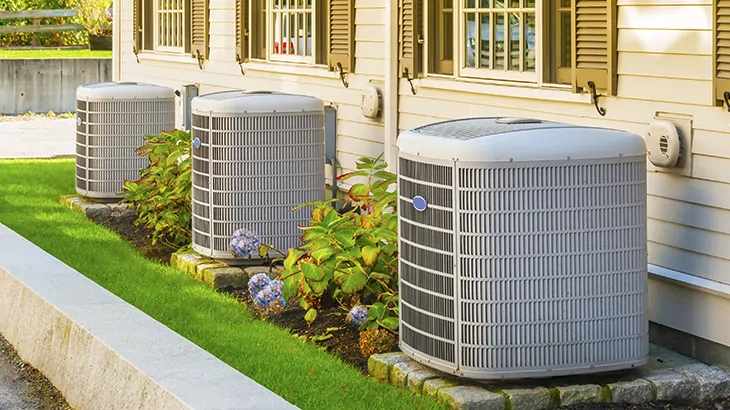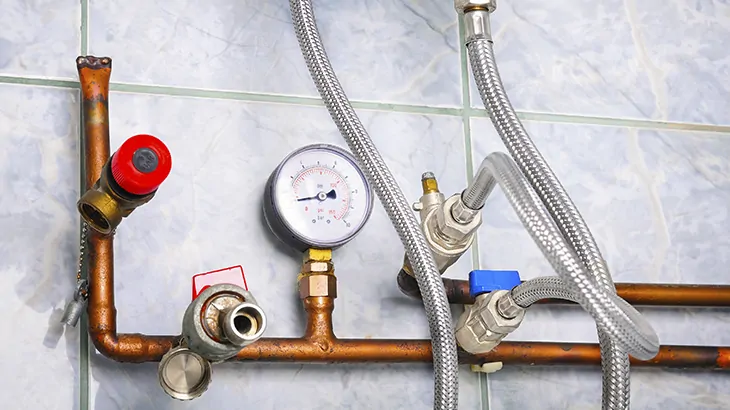Your hot water heater impacts a lot of areas of your daily life. Because it supplies the hot water you need for your everyday use like bathing, laundr...
- Improper Installation – The first thing you must consider when your hot water heater isn’t working as well is if it’s installed properly. Sometimes, things that should’ve been done right in the beginning aren’t so before looking anywhere else, make sure you look into how it was installed. Make sure to turn off the power to the heater at the circuit breaker and shut off the water supply.
- Faulty Thermostat – Having your water come out too hot is a sure sign of a broken thermostat. This is the most common problem with hot water heaters.
- Dirty Shower Head – When sediments or hard water deposits build up over time, the showerhead gets clogged up and can cause low water pressure. This one is relatively easy to fix. All you have to do is use a fine needle to insert in the holes of the showerhead. That usually does the trick.
- Leak In The Water Tank – If you’ve been using the heating unit for a number of years, you may need to tighten the bolts around the surrounding gaskets. Check the pressure valves afterwards as well. Wear and tear can bring about common malfunctions so make sure to pay attention to this.
- Rusty Parts – Rusty parts can cause the water coming out of the tank to be stinky and discolored. The bacteria that have developed in the tank can make your water very unsafe for your daily use. Make sure to drain the tank first and inspect all the parts and areas that are affected by rust. Clean the tank regularly using chlorine as well.



